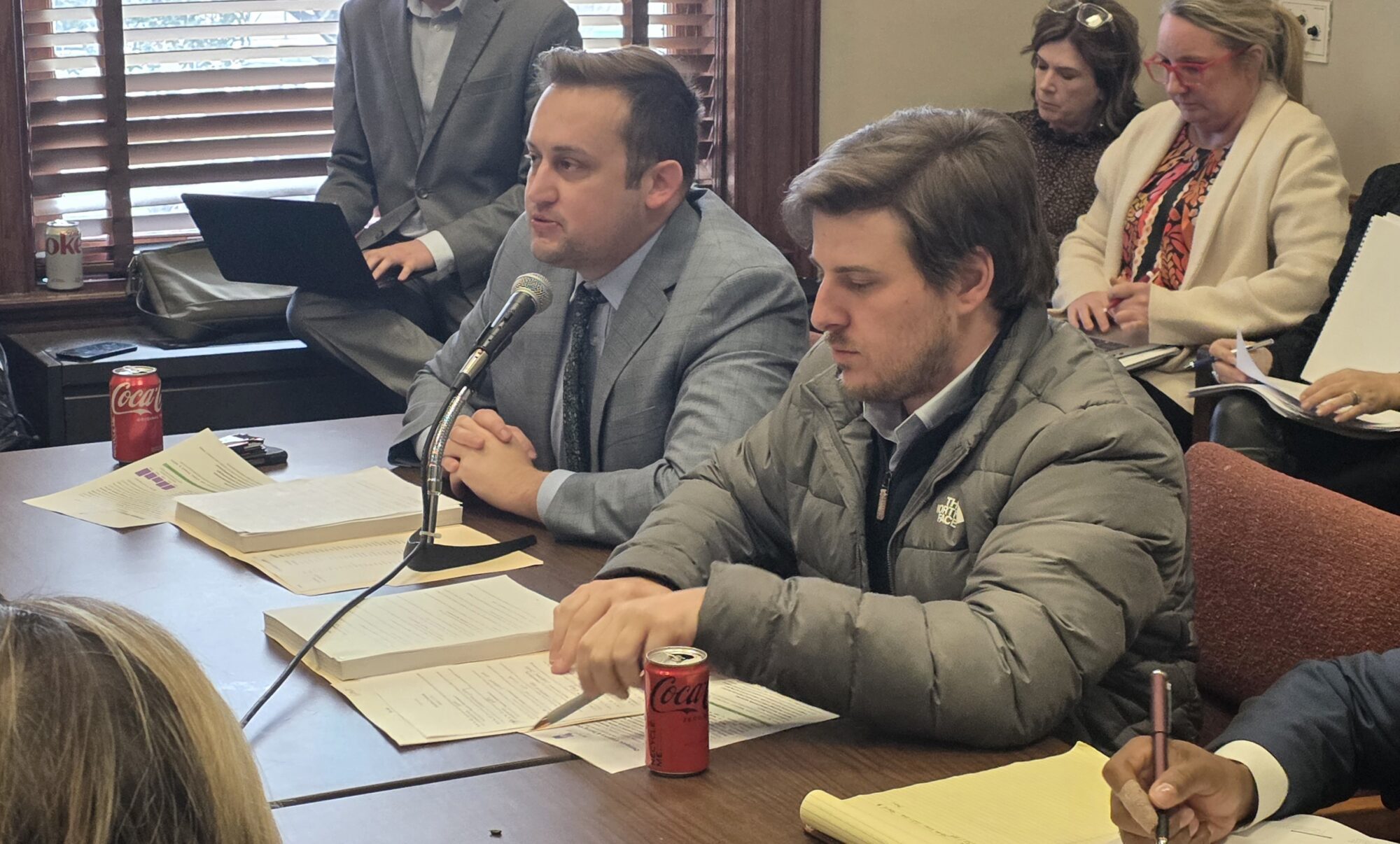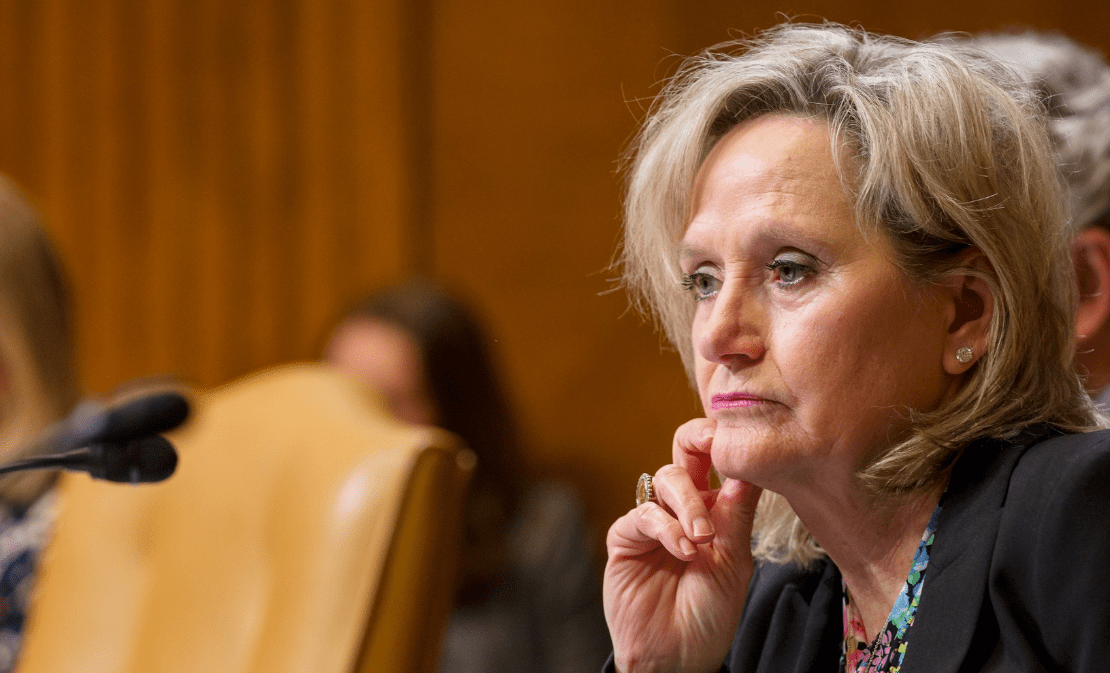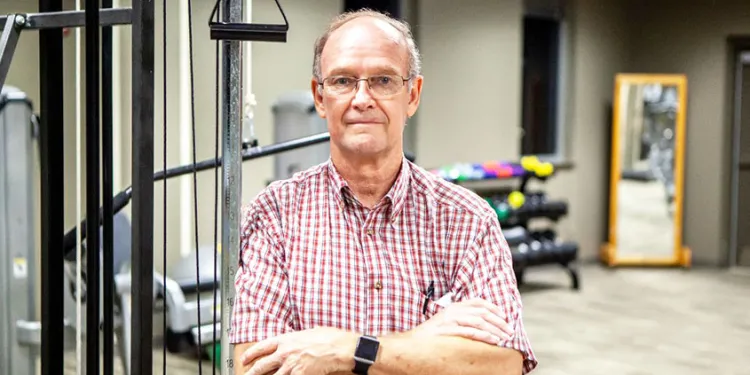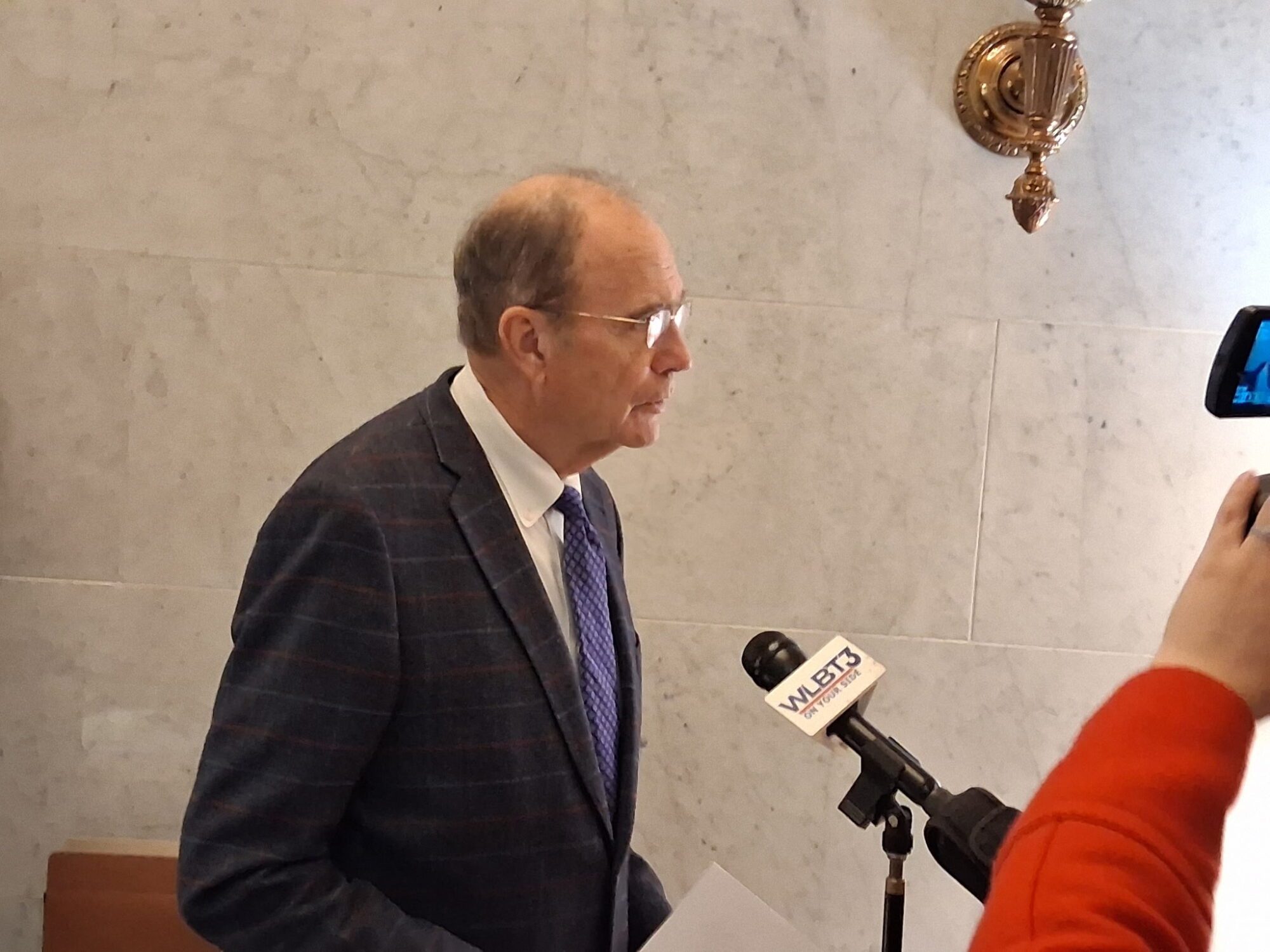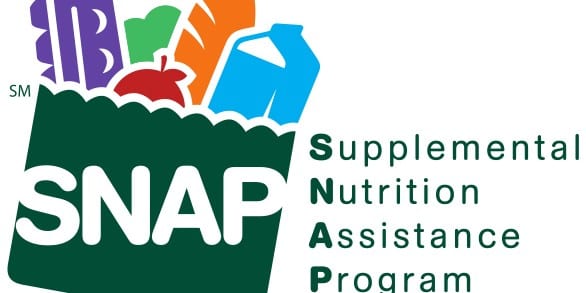
The USDA Secretary Sonny Perdue announced today that the Supplemental Nutrition Assistance Program (SNAP) will now require able-bodied recipients to work. In a release, it stated, “The rule restores the system to what Congress intended: assistance through difficult times, not a way of life.”
Perdue was further quoted as saying, “Americans are generous people who believe it is their responsibility to help their fellow citizens when they encounter a difficult stretch. Government can be a powerful force for good, but government dependency has never been the American dream. We need to encourage people by giving them a helping hand but not allowing it to become an indefinitely giving hand,” said Secretary Perdue. “Now, in the midst of the strongest economy in a generation, we need everyone who can work, to work. This rule lays the groundwork for the expectation that able-bodied Americans re-enter the workforce where there are currently more job openings than people to fill them.”
The policy update will shift the expectations of recipients toward the default of work or preparation for work. It also emphasizes the duties of states to assess each individual as work-capable for eligibility. The rule takes effect on April 1, 2020.
Mississippi as of November 2018 had over 470,000 recipients. The population is just under 3,000,000.
 Sen. Cindy Hyde-Smith responded to the updated ruling in a statement saying, “President Trump and Agriculture Secretary Sonny Perdue promoted this rule as good government. It will restore the original intent of SNAP benefits as a source of temporary assistance and save taxpayer dollars while ensuring those truly in need get help.”
Sen. Cindy Hyde-Smith responded to the updated ruling in a statement saying, “President Trump and Agriculture Secretary Sonny Perdue promoted this rule as good government. It will restore the original intent of SNAP benefits as a source of temporary assistance and save taxpayer dollars while ensuring those truly in need get help.”
Hyde-Smith serves on the Senate Agriculture Committee. “There is dignity in having a job. I hope this reform, combined with our strong economy, will encourage more people to rejoin the workforce,” she said. “This rule will also curb abuses by some states that grant broad work requirement waivers despite low unemployment rates.”
 Rep. Michael Guest also supported the measure saying, “I am pleased that the USDA has released its final rule that will support work in the Supplemental Nutrition Assistant Program for able-bodied adults without dependents. With over 50,000 jobs available in Mississippi, this rule comes at an opportune time for those individuals who are eligible to transition into our state’s workforce. I signed onto a letter supporting this action and appreciate Secretary Perdue’s leadership on this matter.”
Rep. Michael Guest also supported the measure saying, “I am pleased that the USDA has released its final rule that will support work in the Supplemental Nutrition Assistant Program for able-bodied adults without dependents. With over 50,000 jobs available in Mississippi, this rule comes at an opportune time for those individuals who are eligible to transition into our state’s workforce. I signed onto a letter supporting this action and appreciate Secretary Perdue’s leadership on this matter.”
I commend @USDA for issuing today's rule restoring fiscal conservatism and preserving SNAP benefits for those who need it most. To read more about the rule, please click on the link. https://t.co/J1enhpv1aC
— Trent Kelly (@RepTrentKelly) December 4, 2019
Mississippi’s lone Democrat in its DC delegation, Rep. Bennie Thompson, had other thoughts about the measure. In a statement, he was quoted as saying, “The administration has created yet another destructive policy to further harm the poorest of the poor in America. This policy will impact 700,000 unemployed or underemployed individuals. It will limit SNAP benefits to just three months for those not employed for 20 hours a week. These are individuals who are ineligible for any other form of government financial assistance because they are not elderly, disabled, or raising minor children. This rule comes during a time when too many are forced to stretch already-thin budgets to make ends meet. The USDA has refused to use its authority to find out who these people are – whether they are veterans, homeless, disabled or face some other hardship that prevents them from finding or keeping a job. Unfortunately, this policy will not help individuals get jobs. Rather, it will create a much bigger problem by increasing hunger and destitution. It is no surprise that the majority of affected individuals are African-Americans. The unemployment rate of African-Americans is consistently higher than in other races. Rural areas where the job market is scarce are hit the hardest, where the average income of individuals is just 18 percent above the poverty line. This is an abhorrent policy that will have severe consequences for some of the most vulnerable individuals in our community. It is unconscionable that the Administration is choosing to kick people off of life-saving food assistance.”
